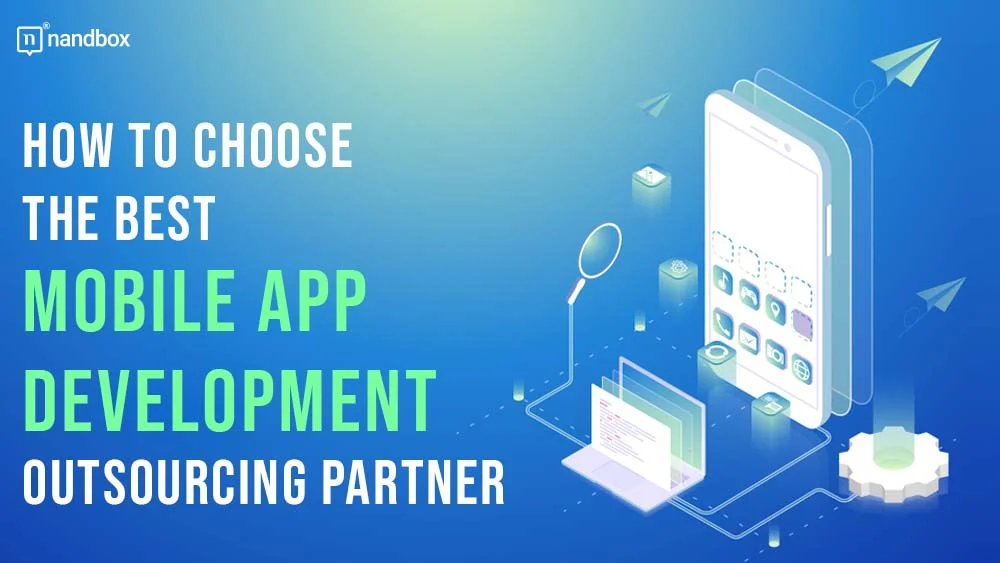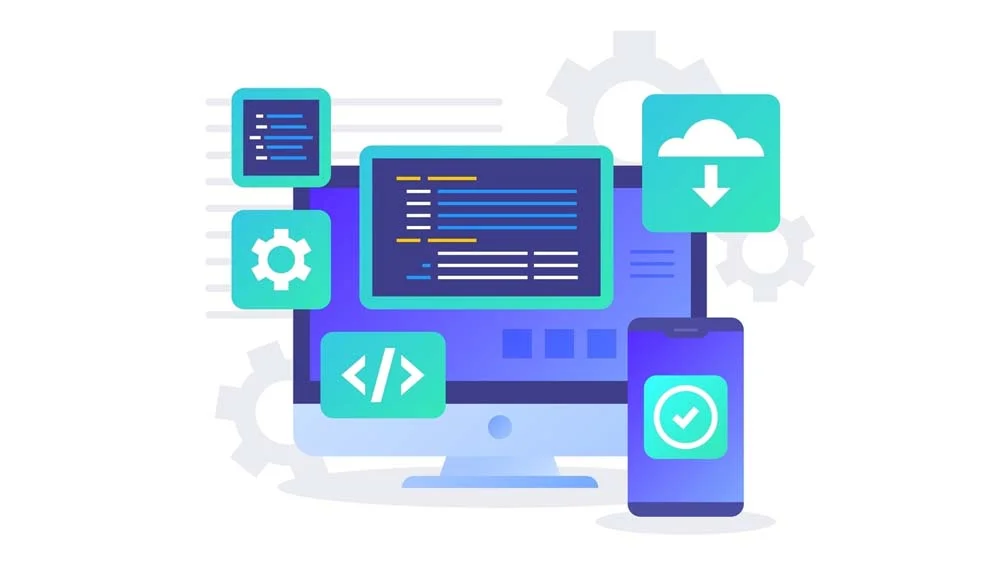Nowadays, mobile applications play an important role in boosting customer engagement, streamlining operations, and generating revenue for businesses. Crafting a top-notch app involves a mix of technical know-how, creative design skills, and strategic planning. Many businesses opt to outsource their mobile app development to tap into expert talent and offer users unique experiences. With many outsourcing choices out there, how do you pick the right partner? This article delves into factors and steps to guide you in selecting a mobile app development outsourcing ally.
Before diving into the quest for an outsourcing collaborator, it is vital to have a grasp of your project’s scope and objectives. This entails outlining the functionalities and features desired in your app, pinpointing the target audience, and deciding on which platforms (iOS, Android, or both) you aim to cater to. A defined project scope will facilitate communication of your needs to potential partners and establish alignment from the start.
Why is Outsourcing a Good Choice for Startups?
There are two approaches to software development: establishing an in-house team or opting for outsourcing. The latter involves collaborating with a team on a project basis. While both options have their advantages and disadvantages when it comes to startups, we suggest steering clear when hiring your developers.
Setting up an in-house development team entails investing effort, time, and financial resources in the following areas:
Recruitment and Selection Process
When pursuing in-house recruitment, the responsibility falls on you to identify candidates. Bringing on board a developer necessitates laying out an HR strategy from the outset. This involves crafting job advertisements for platforms, sifting through resumes and cover letters, as well as conducting interviews. Finding a candidate can be a process that offers no guarantee of success.
Managing Salaries and Benefit Packages
Working with outsourcing agencies simplifies matters; you negotiate a price. Make the payment accordingly. Conversely, handling in-house developers involves complexities. You must deal with tax obligations and provide salaries; failing to do so might result in difficulties finding the right candidate for the position. Providing perks is essential too; otherwise, the developer might opt to switch companies.
Managing and Motivation Differ
With a team, the agency handles developer oversight on its own. If you opt for an in-house developer squad, overseeing their tasks and monitoring their progress falls on your shoulders. The same applies to keeping your team motivated, for instance, by organizing company events and funding training programs.
Time management is crucial for fledgling mobile startups that can’t afford delays. While you can take your time when developing a website, the scenario differs with a mobile product in a fiercely competitive market. If Uber had delayed the launch of another taxi app, creators and branding could have seized the opportunity sooner.
Exploring Potential Partners
Once you have a grasp of your requirements, the next step involves researching external collaborators. Begin by utilizing platforms and directories that feature listings of companies specializing in mobile app development. Websites such as Clutch, Upwork, and GoodFirms offer profiles, reviews, and ratings of development entities, enabling you to assess their credibility and expertise.
Engaging with professionals in your field can also yield recommendations. Participation in industry conferences, webinars, and networking functions allows you to connect with peers and gather insights on partners. Furthermore, consider seeking referrals from your connections based on their experiences.
Assessing Proficiency and Background
When vetting collaborators, it is imperative to evaluate their proficiency and background in mobile app development. Seek out firms with a proven history of delivering applications across diverse sectors. Review their portfolio to examine samples of their projects, paying attention to the quality of design, functionality, and user experience.
In addition to assessing their capabilities, take into account the firm’s experience working with the technologies and platforms relevant, to your project.
For example, if you’re in need of an app that boasts AI features, it’s important to ensure that the partner you choose has a background in integrating AI and related technologies. Likewise, if your goal is to develop a platform app, it’s crucial to confirm their expertise with frameworks such as React Native or Flutter.
Establishing Trust Through References and Reviews
Building trust is an aspect of any outsourcing partnership. To foster trust with collaborators, it’s advisable to review their references and read feedback from clients. Connect with clients to inquire about their interactions, focusing on communication effectiveness and project management. The quality of work delivered. Positive references and testimonials can instill confidence in the partners’ dependability and professionalism.
Examining Communication and Collaboration
Communication and collaboration play roles in the outcome of an outsourced project. During the evaluation phase, observe how potential partners communicate and engage with your inquiries. Evaluate their responsiveness, clarity in responses, and eagerness to comprehend your project needs.
When considering a mobile development partner, it’s important to look at their project management methods and tools. Agile methodologies like Scrum and Kanban are widely used in this field emphasizing progress, transparency, and ongoing feedback.
Ensuring Technical Proficiency
Having skills is essential when choosing an outsourcing partner for mobile app development. Evaluate the partner’s proficiency in programming languages, frameworks, and tools. For iOS development, expertise in Swift and Objective-C is crucial, while Android development requires knowledge of Java and Kotlin.
Apart from programming skills, assess the partners’ abilities in areas like UI/UX design, backend development, and integrating third-party APIs. Providing users with a user-friendly experience is vital for the success of your app.
Understanding Pricing Models and Contracts
Price plays a role in outsourcing decisions. Understand your partners’ pricing models to ensure clarity in their cost structure. Different pricing structures are commonly used in the industry, such as fixed prices, hourly rates, and dedicated team models. Each option comes with its own set of benefits and factors to consider. It’s important to select the one that best fits your project’s needs and financial plan.
Support and Maintenance
The development of an app doesn’t conclude at its launch; continuous support and maintenance play a role in ensuring smooth functionality, security measures, and compatibility with new operating system updates and devices. When considering a partner for app development services, inquire about their support and maintenance offerings. Understand how they handle updates bug fixes and enhancements after the app goes live.
Conclusion
In wrapping up, selecting the outsourcing partner for mobile app development is a choice that can have a significant impact on your project’s success. By understanding your requirements, researching partners thoroughly, assessing their skills and track record checking references evaluating communication effectiveness ensuring proficiency understanding pricing structures and reviewing support services offered; you can make an educated decision that paves the way for a fruitful collaboration.
Outsourcing app development presents advantages such as accessing top-tier talent cost-effectiveness and allowing you to concentrate on core business activities. With a partner, you can harness these benefits to craft a caliber mobile app that aligns with your business goals and provides exceptional user experiences. As you embark on this endeavor, keep in mind that successful outcomes are predicated on establishing a relationship built on transparency with your chosen outsourcing partner.





